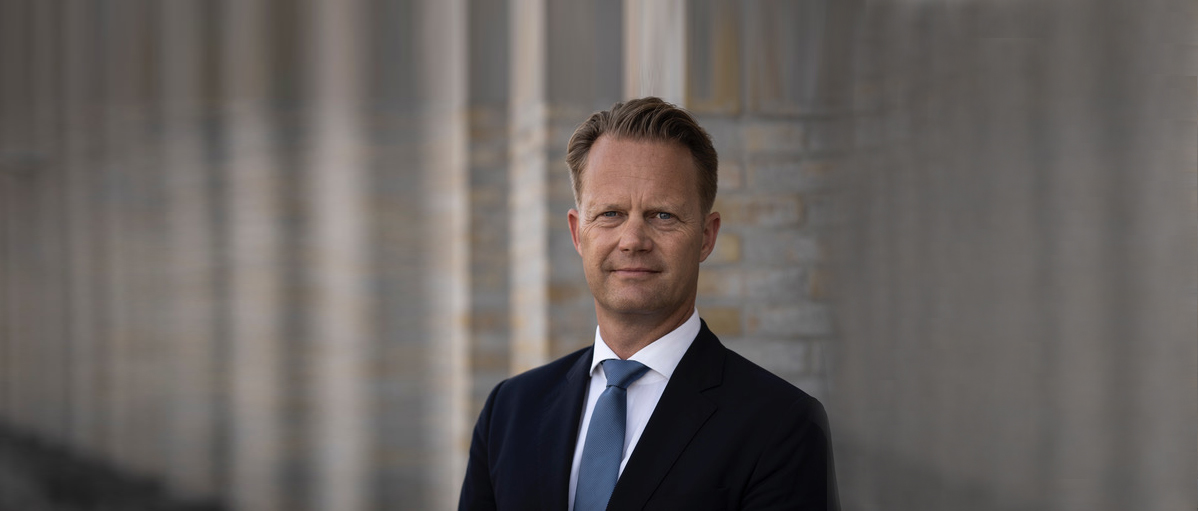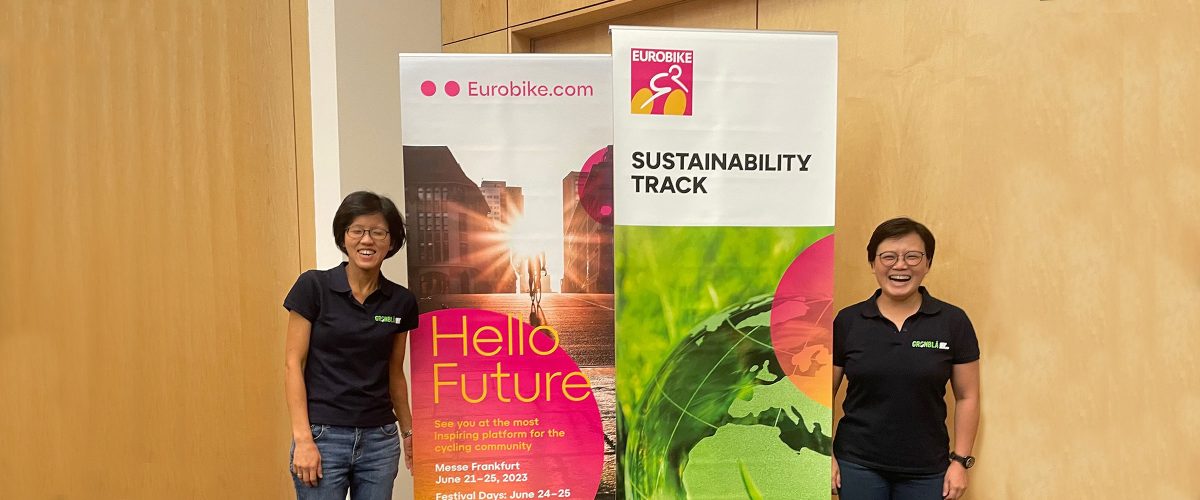2. January 2023
Our journey to zero – replacing plastics with compostable, regrowing products
It all started with the desire to make the world a better place for future generations. From this desire, GRØNBLÅ was born. GRØNBLÅ uses certified bio compostable material to make products from natural, renewable resources. The company strives to eliminate waste at the product development stage and replace it with renewable, 100% compostable materials. In this way, the number of single-use plastic products will be reduced in the long term.
GRØNBLÅ wants to change the system. From feedstock to industrial composting with new biotechnological solutions. Therefore, companies can set up compostable systems internally, using advanced biological technology with uniquely modified bacterial strains and enzymes to degrade GRØNBLÅ's material.
Through this degradation process, we can convert the material into commercially valuable organic compounds, such as organic fertilizer for replanting forests, flowers, and even commercial agriculture - 100% circular economy!
The story behind the company
The company was launched in 2021 by Jayu Yang and Ph.D. Shu Yuan Yang – combining their long experiences in industry and scientific work with a desire to make the world a better place for future generations.
"Grønblå is a Danish term meaning green and blue. The name represents our company's vision for a clean planet and sustainable products. We believe there is no end to what we can achieve in terms of sustainability - but there is a beginning."Jayu Yang, GRØNBLÅ founder
They found the solution at partner companies and developed it further with a team of biotech specialists. From there, it was a comparatively small step to win the first leading international companies for the concept and its expansion in real operations.
"After an intensive preparatory phase, we are looking forward to showing what is possible in real operation soon." Ph.D. Shu Yuan Yang, GRØNBLÅ founder
The goal: more than just an idea!
GRØNBLÅ stands for an overall concept: Circularity & Sustainability. After use, the material is collected and further processed in internal industrial composting plants, where the effort is reduced to a minimum through a coordinated combination of raw materials with specific advanced enzymes. "We know from our experience and extensive testing that it is possible to think about plastics in a completely different way in terms of a 100% environmentally friendly circular economy," says Jayu Yang. "We believe that in every industry, we need to think about what we can do to make the world a better place, because our resources are finite."
Even for the bicycle industry, with which the founder have been closely associated for decades, it is far from enough to have a sustainable product. Production, packaging, transportation and recycling must also be sustainable. Following the United Nations' ESG (Environmental, Social and Governance) criteria, municipalities around the world are adopting new standards - including in the European Union.
Environmental criteria are becoming indispensable!
The United Nations ESG (Environmental, Social and Governance) criteria have become core values for companies, major financial institutions and shareholders around the world. Leading analysts see this as the beginning of a process of innovation and transformation for the coming decades. In the European Union, plans are becoming increasingly concrete, according to which sustainability reporting will also become mandatory for small and medium-sized companies from 2025.
According to experts, it is therefore essential to take a close look at environmental criteria and implement changes promptly.
Let's start.

